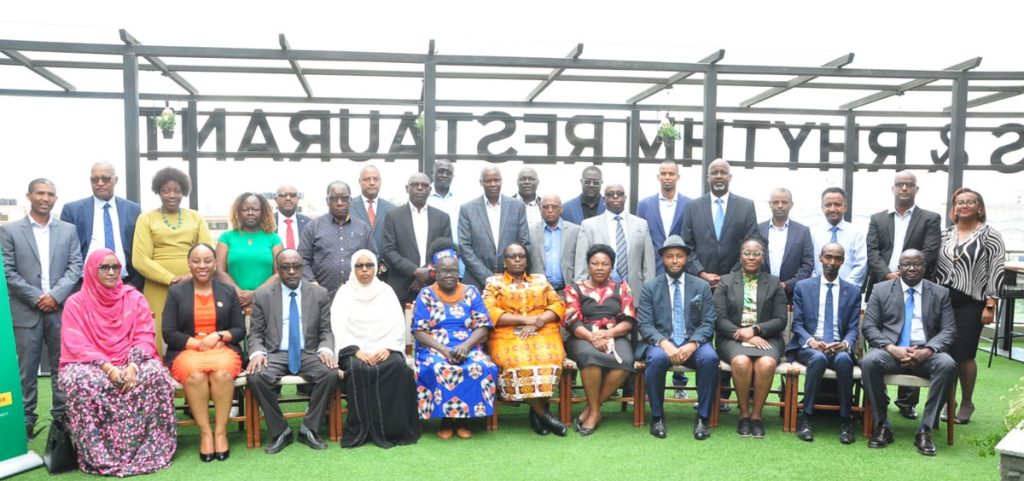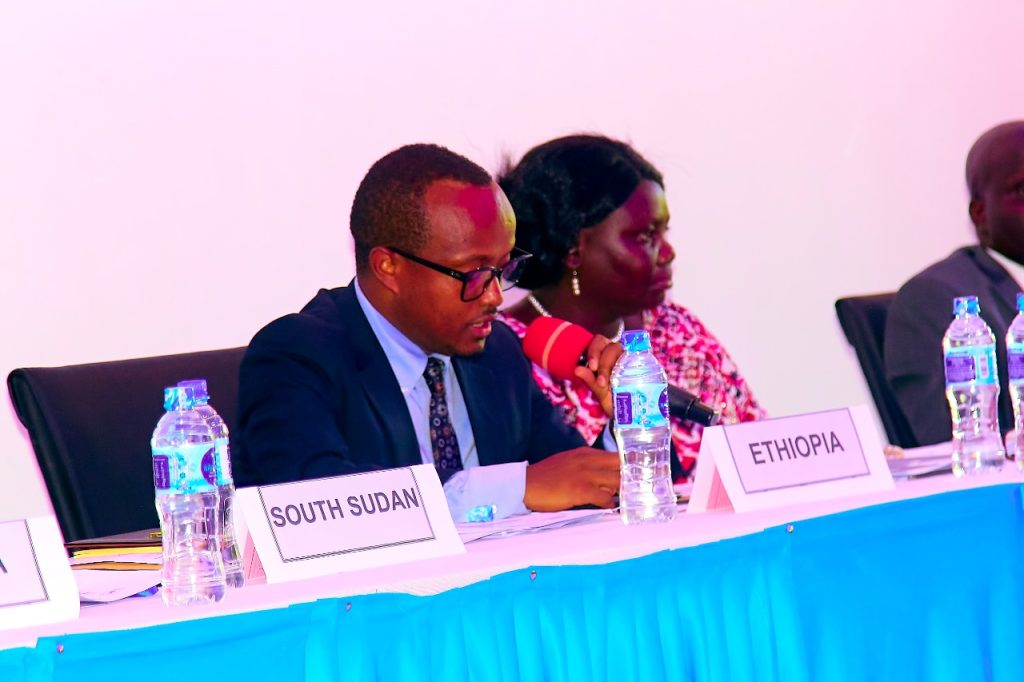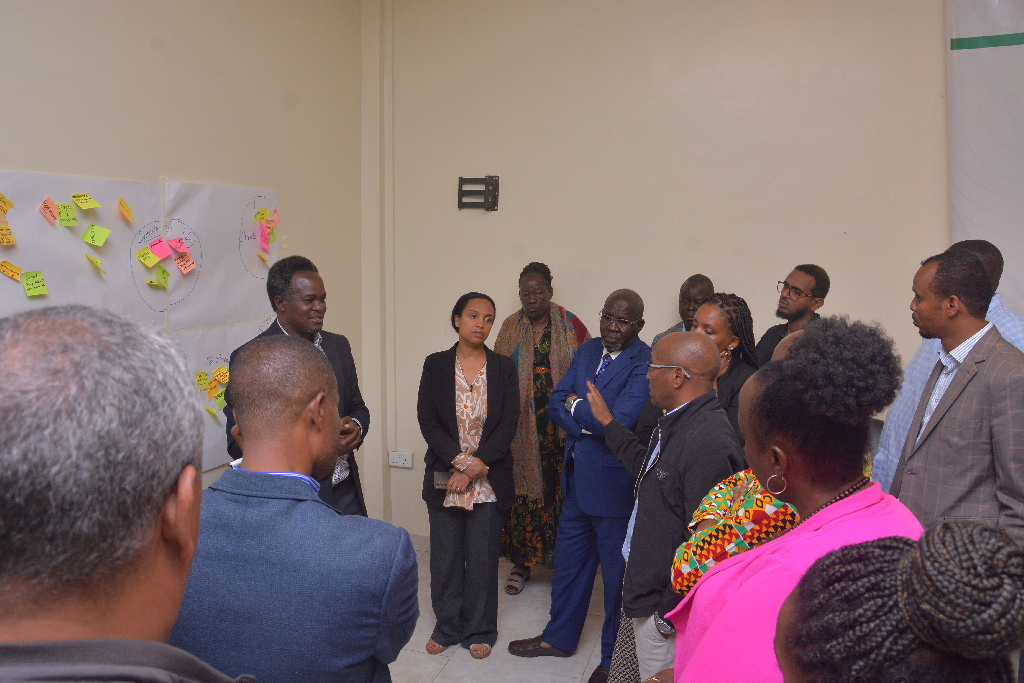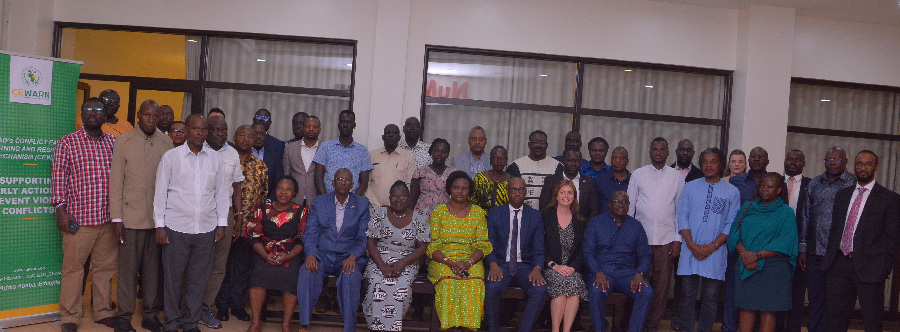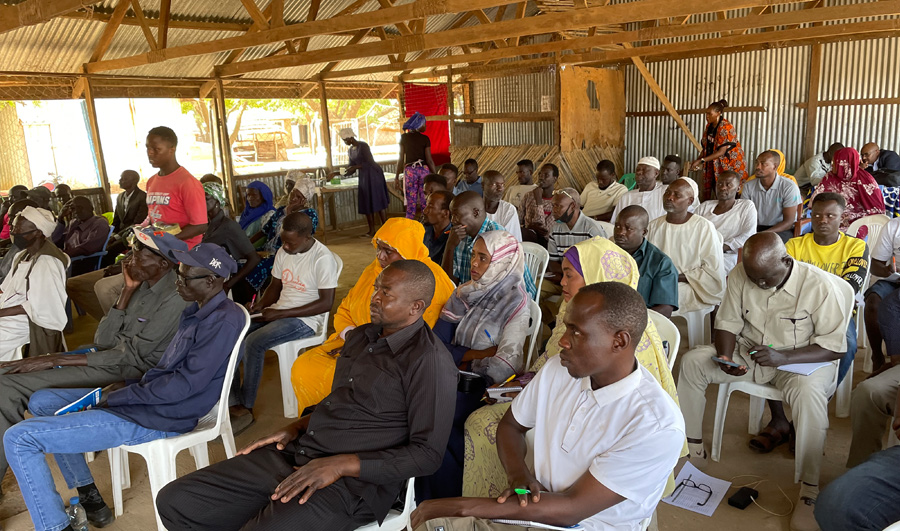CEWARN Technical Committee Reviews Conflict Trends and Strategic Priorities for 2025/2026
CEWARN Technical Committee Reviews Conflict Trends and Strategic Priorities for 2025/2026 The 20th Technical Committee of CEWARN (TCEW) Meeting convened on 18-20 December in Machakos, Kenya, bringing together national CEWERU […]

